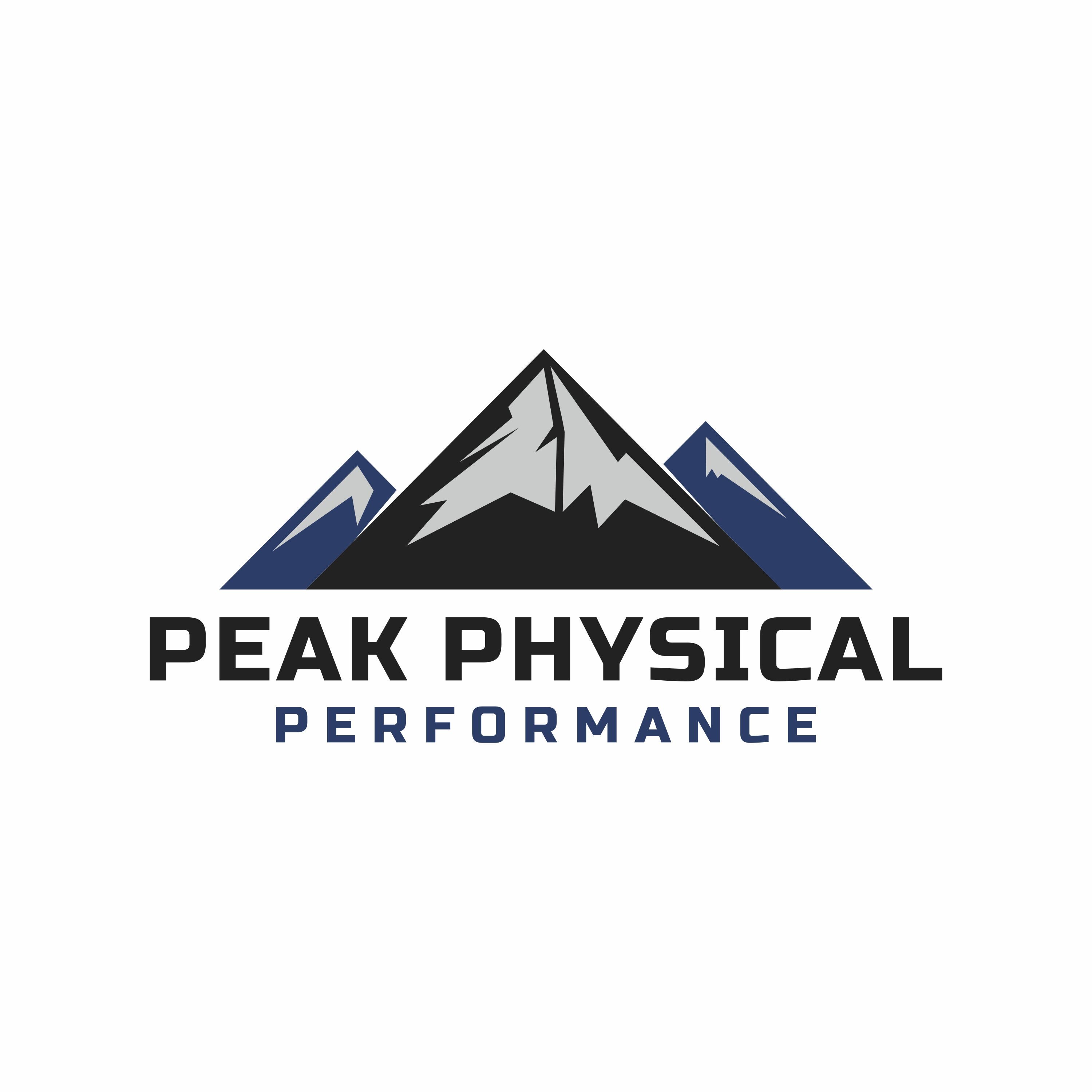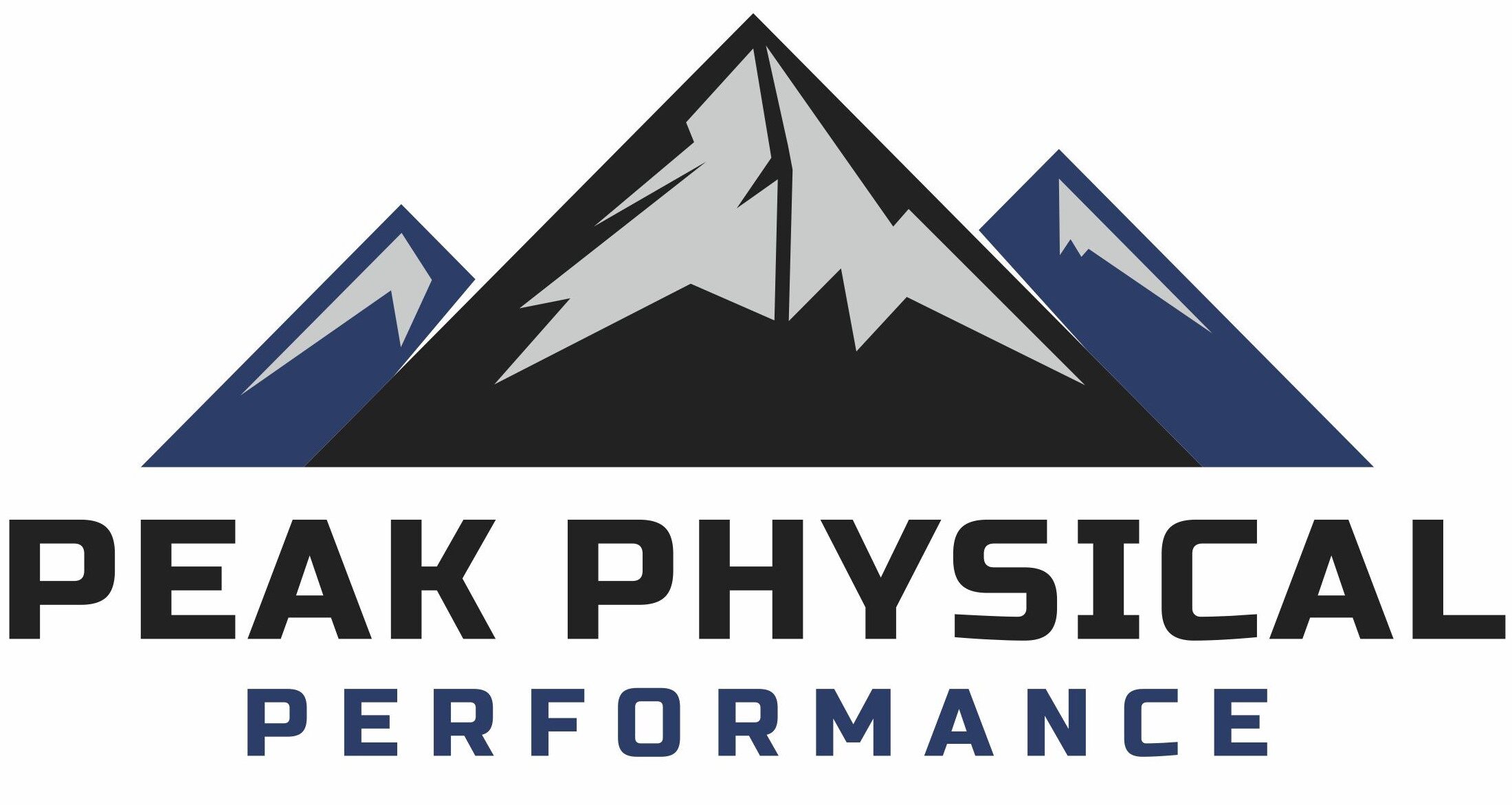With over 75% of Americans taking dietary supplements regularly, it’s clear that people want a health boost — but are supplements really effective? Or are they just expensive placebos?
In this evidence-based guide, we break down which supplements work, who needs them, and how to choose the best supplements based on science in 2025.
What Are Dietary Supplements?
Dietary supplements include vitamins, minerals, herbs, enzymes, amino acids, and other nutrients. They’re typically sold as capsules, powders, gummies, or liquids.
Unlike prescription drugs, supplements are not tightly regulated by the FDA. This means quality, purity, and effectiveness can vary significantly from product to product.
Do You Really Need Supplements?
If you eat a balanced diet and have no health conditions, you may not need supplements. According to a 2022 JAMA review, there’s no strong evidence that multivitamins reduce heart disease, cancer, or death in healthy individuals (USPSTF, 2022).
However, supplements can be beneficial for certain groups:
- Pregnant people (folic acid, iron)
- Older adults (vitamin D, B12)
- Vegans and vegetarians (B12, omega-3s)
- People with limited sun exposure (vitamin D)
- Individuals with nutrient deficiencies
Top 5 Science-Backed Supplements That Actually Work
These are the best supplements to take in 2025 based on clinical evidence and real-world results.
1. Vitamin D
- Benefits: Supports immune health, bone strength, and mood regulation.
- Who needs it: People with limited sun exposure or darker skin tones.
- Research: Reduces respiratory infections and improves immune response (Martineau et al., 2020).
2. Omega-3 Fatty Acids (Fish Oil)
- Benefits: Supports heart, brain, and joint health.
- Who needs it: Anyone not eating 2+ servings of fatty fish per week.
- Research: May reduce heart attack risk and improve triglyceride levels (Manson et al., 2019).
3. Creatine Monohydrate
- Benefits: Boosts muscle strength, power, and brain performance.
- Who needs it: Athletes, gym-goers, and older adults.
- Research: Highly effective and safe for long-term use (Kreider et al., 2017).
4. Magnesium
- Benefits: Helps with sleep, stress, and muscle relaxation.
- Who needs it: People with poor diets, stress, or insomnia.
- Research: Linked to better sleep quality and lower blood pressure (Abbasi et al., 2012).
5. Protein Powder (Whey or Plant-Based)
- Benefits: Aids muscle recovery and helps meet daily protein needs.
- Who needs it: Active individuals, seniors, or those with low protein intake.
- Research: Supports muscle growth when combined with strength training (Phillips, 2016).
Supplements That Might Not Be Worth It
Some popular supplements don’t hold up under scientific scrutiny:
- Multivitamins: No significant benefits for heart disease or cancer prevention (USPSTF, 2022).
- Detox Pills: The body naturally detoxifies via the liver and kidneys.
- Fat Burners: Often contain stimulants with limited long-term results.
- CBD for General Wellness: Evidence is still emerging and inconsistent.
How to Choose High-Quality Supplements
Not all supplements are created equal. To make sure you’re getting a safe, effective product:
✅ Look for third-party testing (USP, NSF Certified, Informed-Choice)
✅ Avoid “proprietary blends” that hide dosages
✅ Choose bioavailable forms (e.g., vitamin D3 over D2, methylated B12)
✅ Buy from reputable brands with transparent labeling
Final Takeaway: Should You Take Supplements in 2025?
Supplements can support your health — but they’re not magic bullets. The best approach is a nutrient-dense diet, regular exercise, and good sleep. That said, if you have a specific deficiency, dietary restriction, or goal, supplements can help bridge the gap.
Always consult your doctor or a registered dietitian before starting a new supplement routine.
References
- U.S. Preventive Services Task Force. (2022). Vitamin, Mineral, and Multivitamin Supplements for the Primary Prevention of Cardiovascular Disease and Cancer. JAMA. https://doi.org/10.1001/jama.2022.8970
- Martineau, A. R., et al. (2020). Vitamin D supplementation to prevent acute respiratory infections. BMJ. https://doi.org/10.1136/bmj.m3566
- Manson, J. E., et al. (2019). Marine n−3 Fatty Acids and Prevention of Cardiovascular Disease. NEJM. https://doi.org/10.1056/NEJMoa1811403
- Kreider, R. B., et al. (2017). Creatine supplementation in exercise and sport. JISSN. https://doi.org/10.1186/s12970-017-0173-z
- Abbasi, B., et al. (2012). Magnesium and primary insomnia in the elderly. J Res Med Sci.
- Phillips, S. M. (2016). Protein quality and resistance exercise-induced muscle mass. Nutrition & Metabolism. https://doi.org/10.1186/s12986-016-0124-8



No responses yet